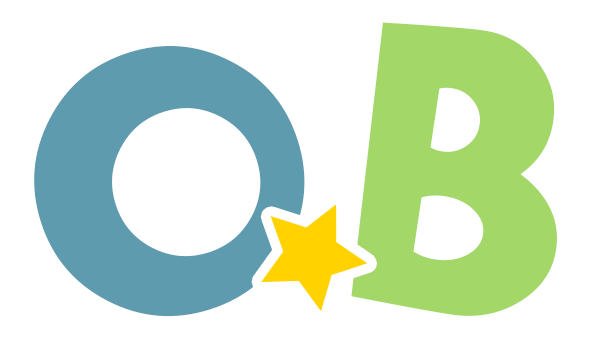Language development tips for infants to three years old
We can’t emphasise this enough. Children learn language through interacting with other children and adults. Even more so, parents have a significant impact on early language development.
Studies have shown that children of talkative parents have twice the vocabulary as those of quiet parents. A study from the National Institute of Child Health and Human Development (NICHD) found that children in high-quality childcare environments have larger vocabularies and more complex language skills than children in lower-quality situations.
Talk to your baby. Sound easy to some of us but seems like rocket science to some of us. Been there. So in this post we will be sharing some recommendations to encourage language development.
1. Language development in infants include:
speaking slowly, drawing-out vowels, and exaggerating main syllables.
talking to them as much as possible and giving them opportunities to respond, perhaps with a smile; short periods of silence help teach the give-and-take of conversation;
talking to infants in a singsong, high-pitched speech.
using one- or two-syllable words and two to three-word sentences.
using proper words rather than baby words.
speaking slowly, drawing-out vowels, and exaggerating main syllables.
avoiding pronouns and articles.
using animated gestures along with words.
addressing the baby by name.
talking about on-going activities.
asking questions.
singing songs.
commenting on sounds in the environment.
encouraging the baby to make vowel-like and consonant-vowel sounds such as "ma," "da," and "ba"
repeating recognizable syllables and repeating words that contain the syllable
When babies reach six to 12 months-of-age, parents should play word games with them, label objects with words, and allow the baby to listen and participate in conversations.
2. Parents of toddlers should do the following:
expand on the toddler's single words
talk to the child in simple sentences and ask questions
expand on the toddler's single words
use gestures that reinforce words
put words to the child's gestures
name colours
count items
gently repeat correctly any words that the child has mispronounced, rather than criticising the child
read books about familiar things, with pictures, rhymes, repetitive lines, and few words
3. Parents of two to three-year-olds should do the following:
talk about what the child and parent are doing each day
encourage the child to use new words
repeat and expand on what the child says
ask the child yes-or-no questions and questions that require a simple choice
encourage the child to ask questions
read books about familiar things, with pictures, rhymes, repetitive lines, and few words
read favourite books repeatedly, allowing the child to join in with familiar words
encourage the child to pretend to read
not interrupt children when they are speaking
We would like to credit to Encyclopedia of Health Children for an amazing article.




